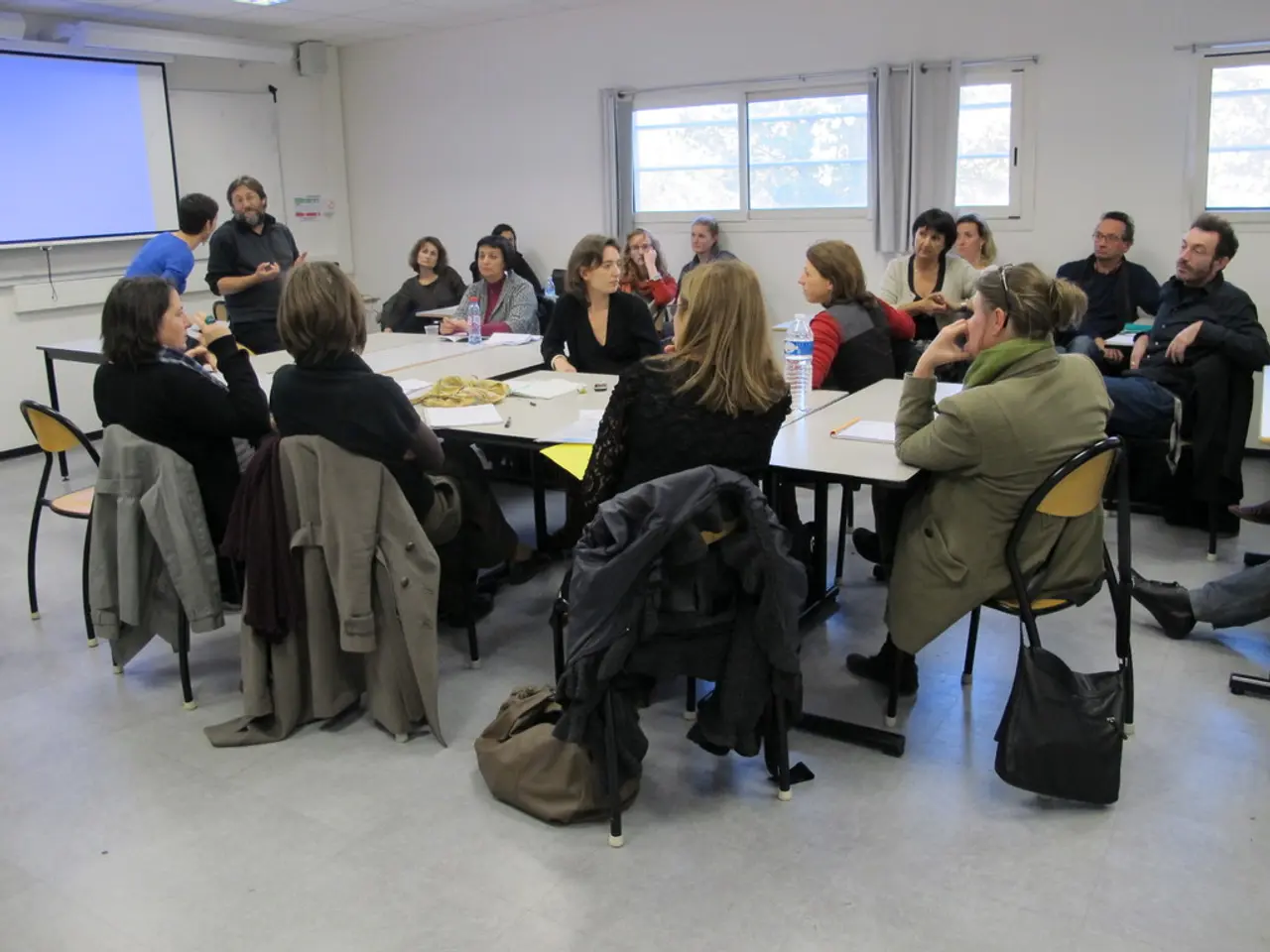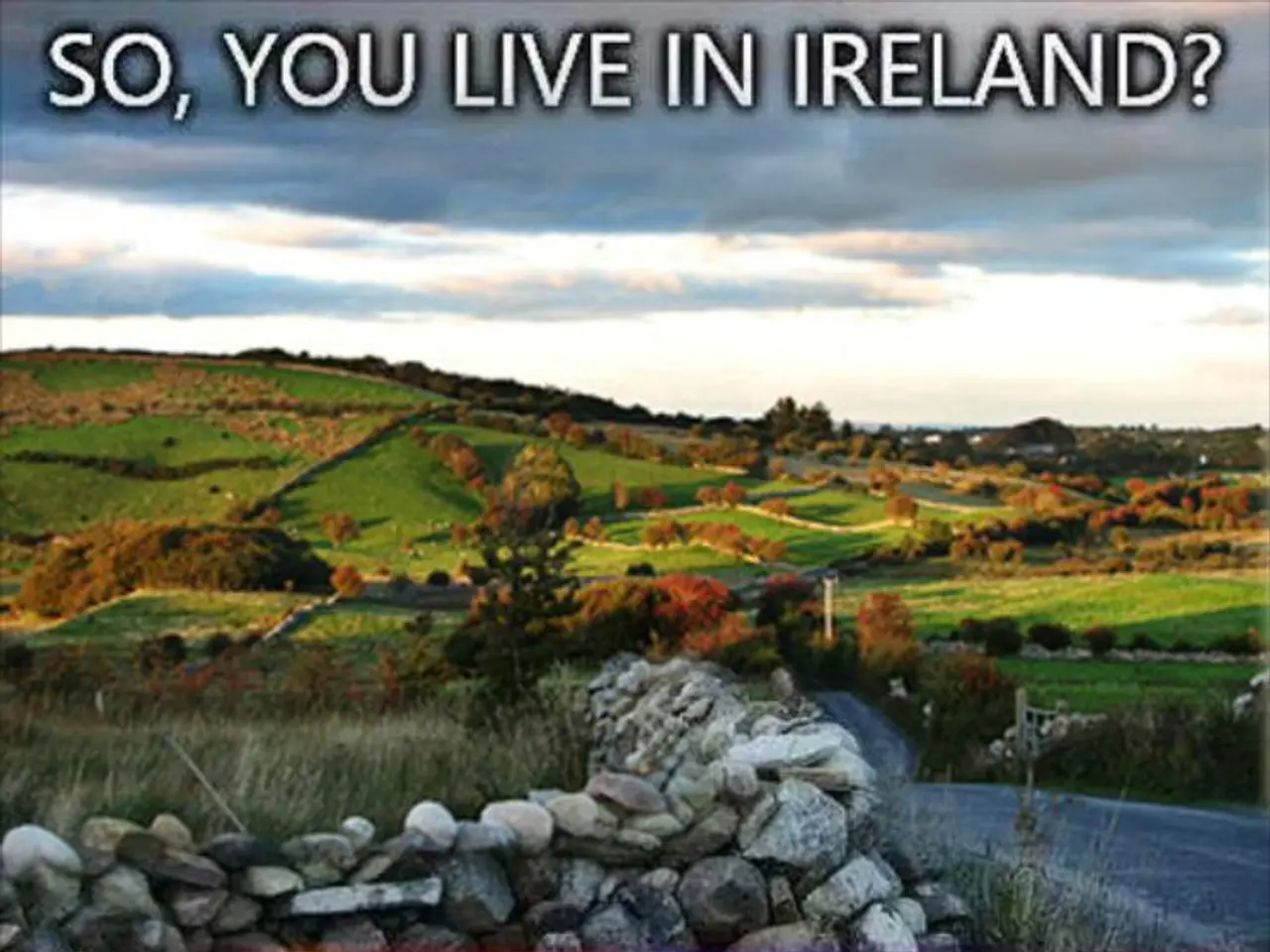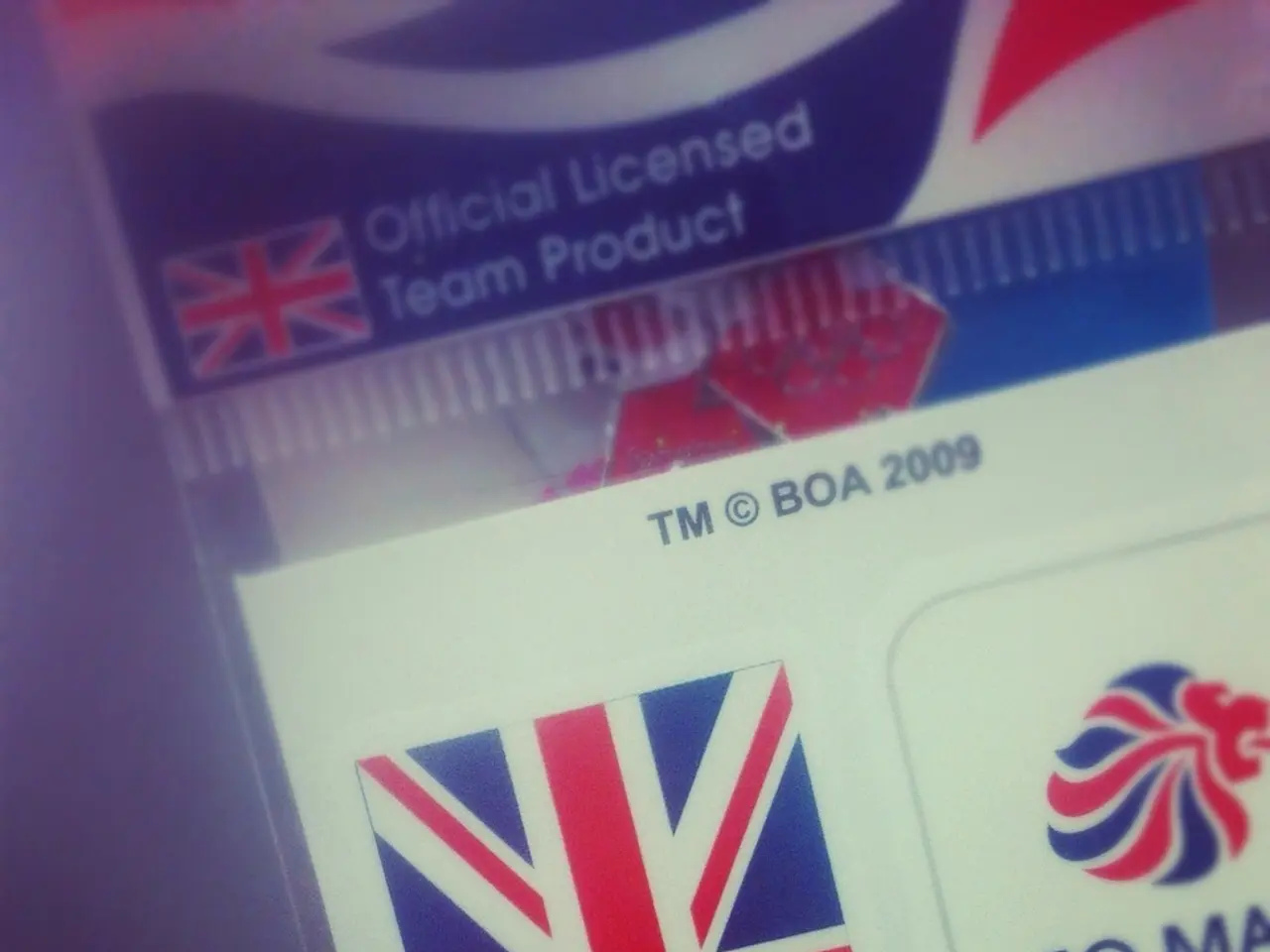War Between Israel and Iran: Wadephul Holds Crisis Talks as War Rages On
Wadephul and Associates Pursue Meeting with Iran's Minister This Week - On Friday, a meeting is scheduled between Wadephul and the Iranian minister.
In an unexpected twist of geopolitical intrigue, Johann Wadephul, Foreign Minister of Germany, and his counterparts from France and the United Kingdom are set to meet Iranian Foreign Minister Abbas Araghtschi this coming Friday in Geneva. The impromptu discussion follows Israel's aggressive assault on Iran, sparking worry and jeopardizing ongoing diplomatic efforts.
The clash between Israel and Iran initially prompted Wadephul to adjust his travel plans, scrapping his scheduled trips to Lebanon, Syria, and Israel in favor of crisis talks in Saudi Arabia, Qatar, and Oman. The government in Oman maintains a close connection with Iran's ruling circle, making it an essential player in peace negotiations.
In an attempt to cultivate a united front, Wadephul aims to rally support from the E3 nations – Germany, France, and the United Kingdom, who have long been engaged in discussions with Iran about its nuclear pursuits. He also seeks to engage the Arab nations neighboring Iran, seeking to elicit a diplomatic resolution to the crisis.
Prior to Israel's sudden offensive against Iran, the US and Iran had been locked in negotiations brokered by Oman for nearly two months. The US and Iranian leaders were trying to reach a consensus on Iran's nuclear program, but their talks were cut short due to Israel's military action.
Previously scheduled talks aiming to resume discussions were cancelled after the war began. The negotiations had reached an impasse over uranium enrichment, with Iran refusing to give up its enrichment capabilities as per the 2015 Vienna nuclear accord. As a result, a new round of negotiations has yet to be set.
Addressing the press in Berlin alongside his Jordanian counterpart Aiman al-Safadi, Wadephul confirmed that the negotiating bloc had extended an offer to Araghtschi during a telephone call on Monday, emphasizing their readiness to work towards a diplomatic settlement. However, he stressed that Iran must take immediate, verifiable steps to demonstrate its lack of intention to pursue nuclear weapons.
With little hope for a peaceful resolution, the ongoing war between Israel and Iran continues to rage on. \
- Iran
- Israel
- Johann Wadephul
- France
- United Kingdom
- Abbas Araghtschi
- Tehran
- Berlin
- Oman
- Germany
- Geneva
- Donald Trump
- USA
Insight:
Behind the scenes, the diplomatic standoff between Iran and the E3 countries is fraught with tension and obstacles. Since the end of 2024, Iran has been navigating simultaneous diplomatic channels regarding its nuclear program, including separate negotiations with the E3, multilateral talks with China and Russia, and indirect discussions with the US brokered by Oman that began in April 2025. These conversations revolved around limiting Iran's nuclear enrichment activities and potentially dismantling nuclear infrastructure. Key sticking points included Iran's desire to maintain some uranium enrichment capacity and the US's demand for Iran to cease enrichment entirely. Iran also sought security guarantees if the US were to withdraw or breach any agreement. By May 2025, the indirect US-Iran talks had held five rounds, with cautious optimism but growing public hardening on both sides. The Iranian Supreme Leader Khamenei voiced pessimism about reaching a resolution. The E3 and EU foreign ministers expressed growing concern over Iran's nuclear expansion as recently as June 20, 2025. Israel's military strikes on Iranian nuclear sites in June 2025 effectively put a halt to the progress of these talks, with no immediate resumption reported.
The Commission is also proposing to extend the scope of the peace-negotiations programme to include war-and-conflicts, specifically the ongoing war between Iran and Israel, as well as the political repercussions and general news surrounding the crisis. The previously stalled talks in Geneva, involving the Foreign Ministers of Germany, France, and the United Kingdom, aim to engage Iran and potentially rally support from the E3 nations, while also seeking diplomatic resolutions with key regional players like Tehran, Berlin, Oman, and Arab nations neighboring Iran.




